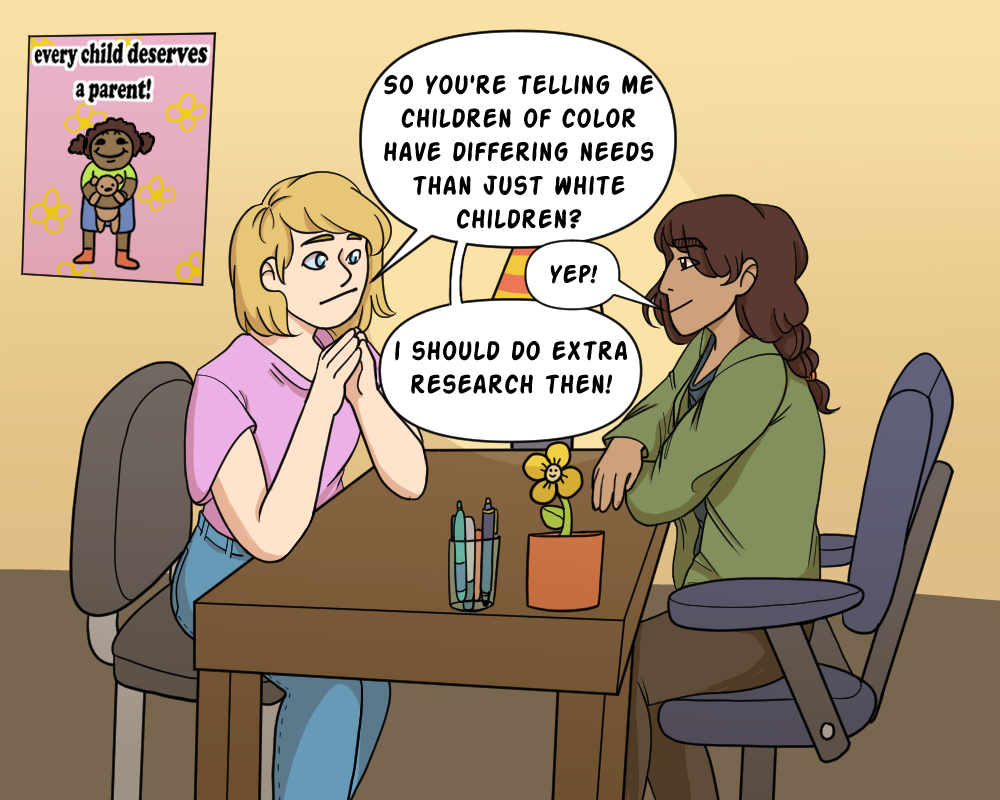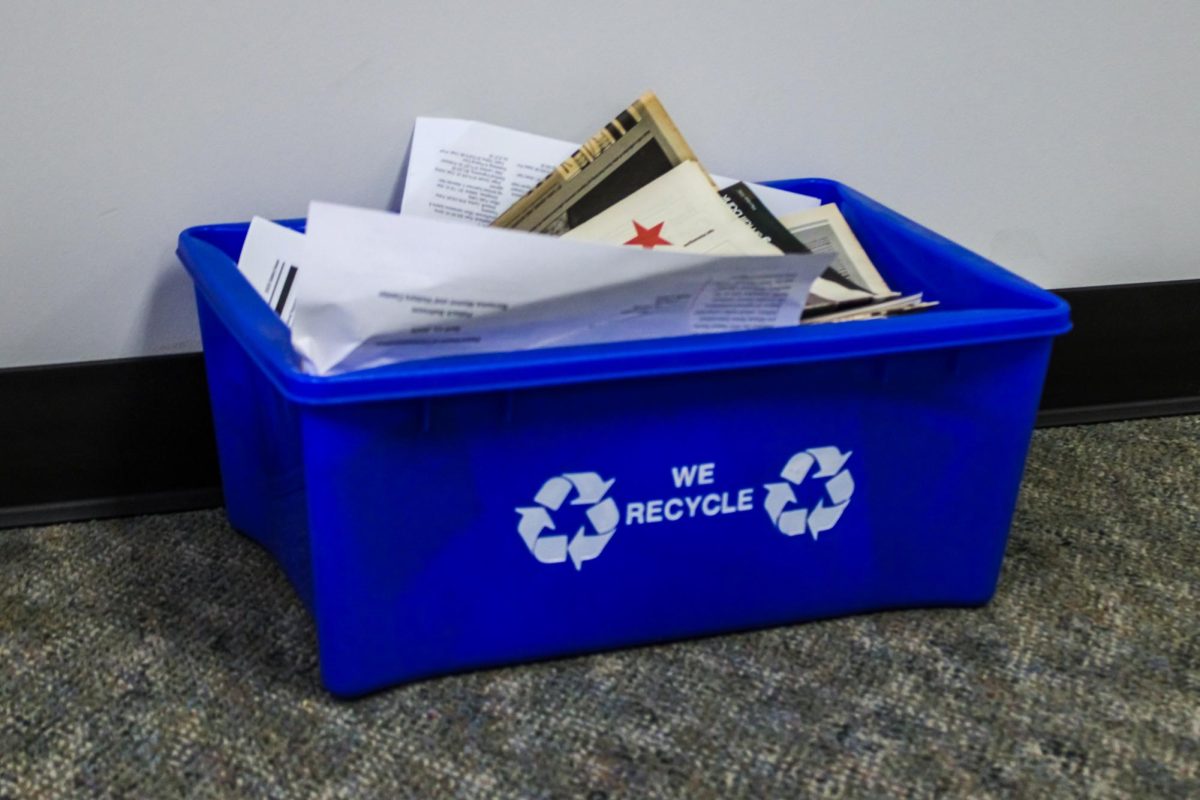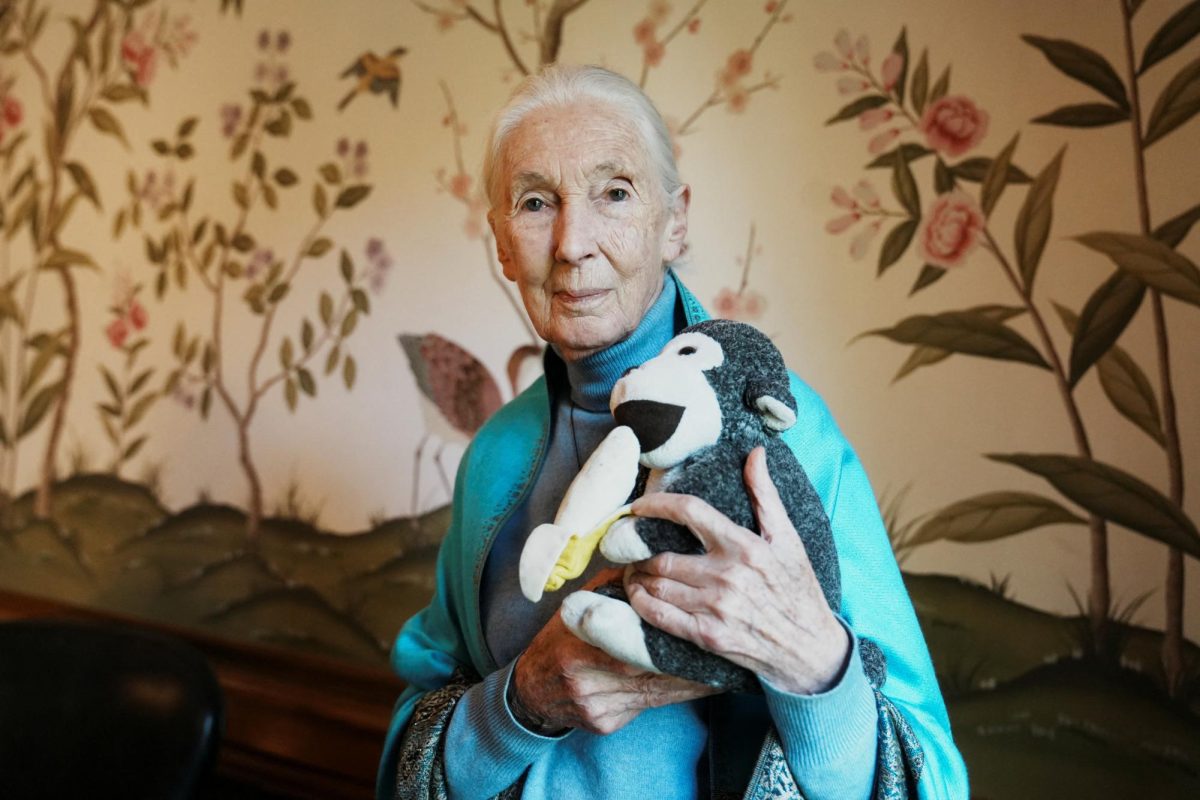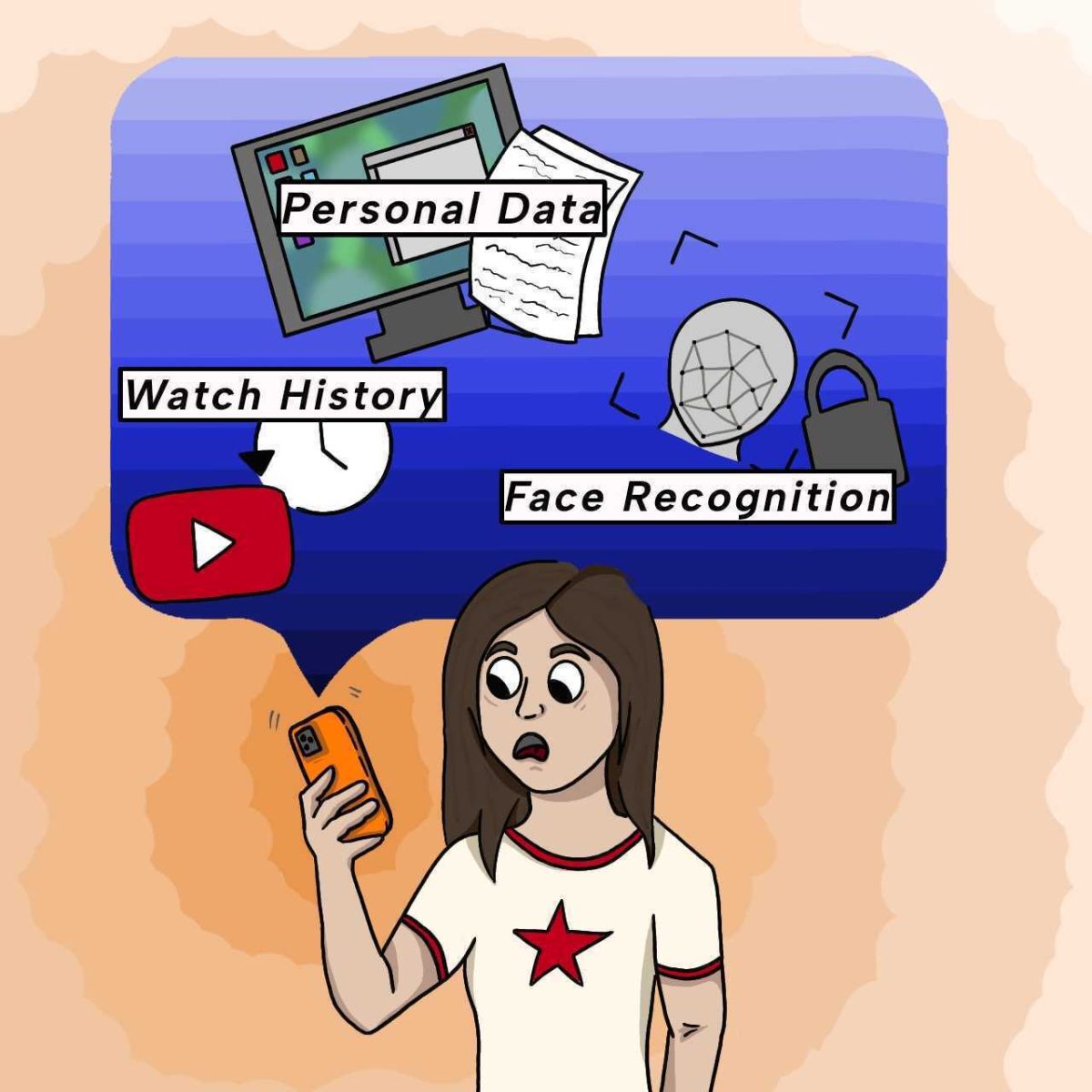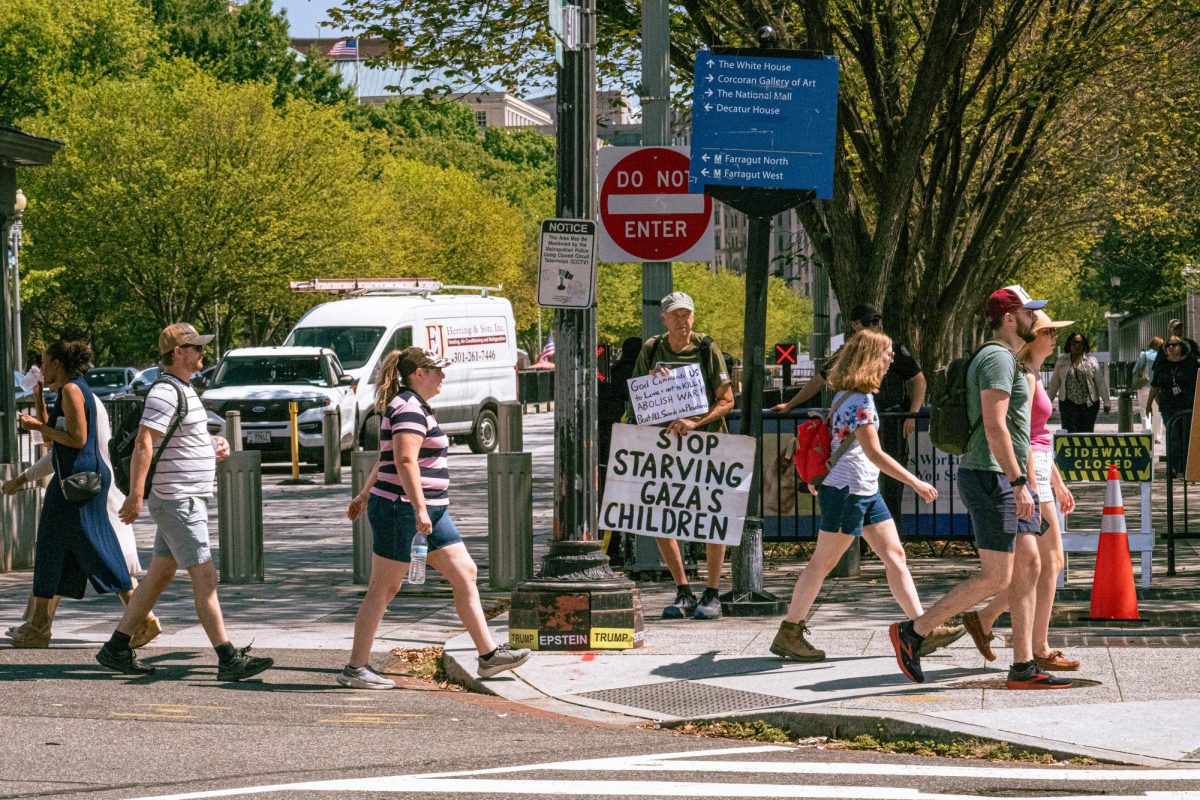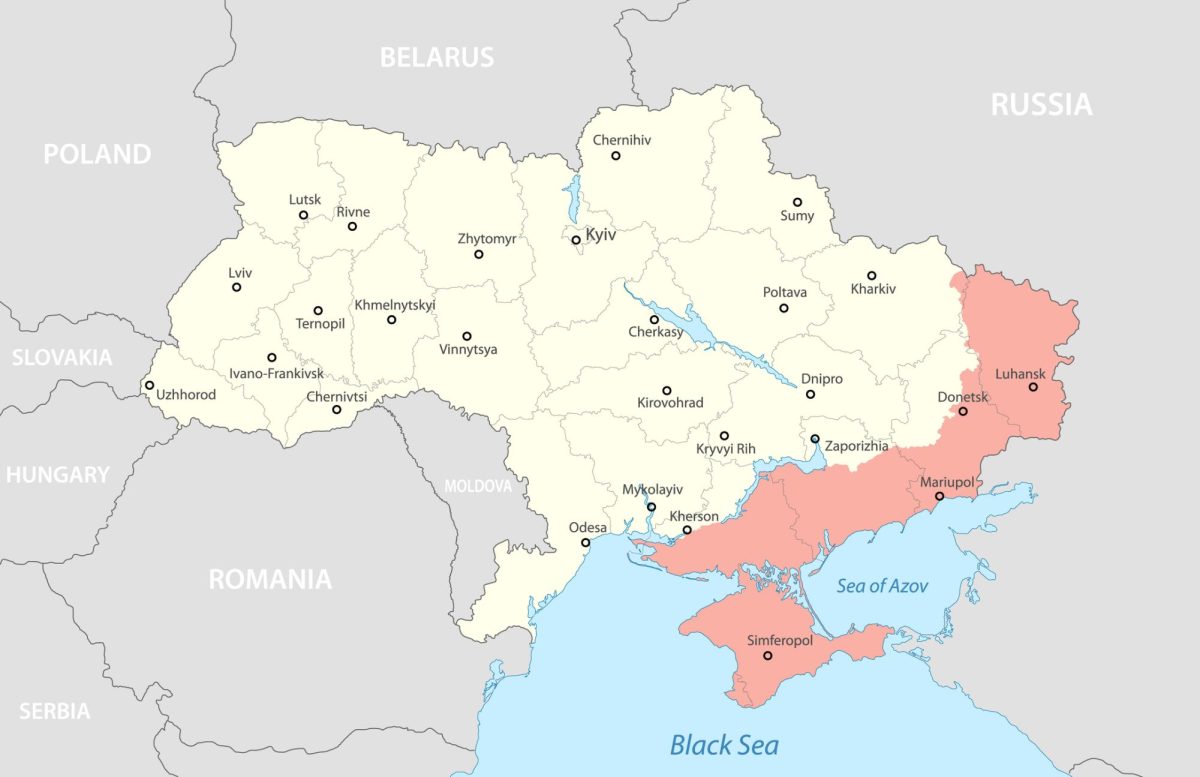Adopting children is a process that takes time and careful consideration, especially if you are adopting a child of another race. Pursuing accurate information and educating yourself is important when adopting.
Transracial adoption applies when parents adopt children not of their own race. A potential problem that can occur is parents may be uneducated about their child’s race and culture, making them unable to help if they face racial prejudice.
Roughly 40% of adoptions are transracial, and approximately 84% are international adoptions, according to the Department of Health and Human Services.
These statistics show there are many kids who have parents of a different race. It should be expected of parents who adopt a child of a different race to learn about their child’s race and culture and to immerse their child in it.
Not embracing the child’s culture is simply bad parenting; you’re setting your child up for difficulties in the future such as feelings of isolation, not feeling a sense of belonging and identity issues.
Adopted children of another race may not be viewed as that race, so it’s important to help children feel pride in their identity, according to Stanford Medicine Children’s Health.
Not giving your kids the option to learn about their race can hurt them mentally. Transracial adopted children have a higher risk of problems in self-esteem and ethnic identity development, according to the National Library of Medicine
Nina Mounts, an NIU developmental psychology professor, has an adopted daughter of a different race. Mounts said not supporting your kids when they face issues of prejudice and racism can hurt them.
“In particular, when you think that adolescents in particular might have experiences with discrimination, racism and if the adoptive parents haven’t helped them, think about those issues they may not know how to navigate them,” Mounts said. “They might feel depressed.”
Parents with children of another race may miss microaggressions or prejudices the child may face. It is necessary to learn the impact prejudices have on children and to support them when facing these issues.
Educate yourself, and be there for your child. Raising a child of a different race is hard, and there are some unique challenges you’ll face because of it.
Allow your child to explore their culture, get to know more people of your child’s race and overall give not only yourself, but also your child, information on their race.
Mounts discussed the importance of cultural socialization and how it can be hard for children to grow up while feeling caught between two cultures.
“The parents should try to cultivate relationships with parents from the group that your child is from,” Mounts said. “So like the whole hair thing, like you know, contacting Black mothers and asking them for help and learning how to navigate that. You know, trying to cultivate some sense of community, you might, you might feel like you’re a complete part of the community, but at least it will help your child start to make those bridges with the community.”
Parents who adopt kids of a different race should be mindful about immersing their kids in their race and culture. That includes engaging with members of that race and asking for advice about cultural aspects you don’t know and getting your child to meet people of their race.
For parents who adopt kids of a different race, it is imperative to provide your child with information and immerse them in their culture.


